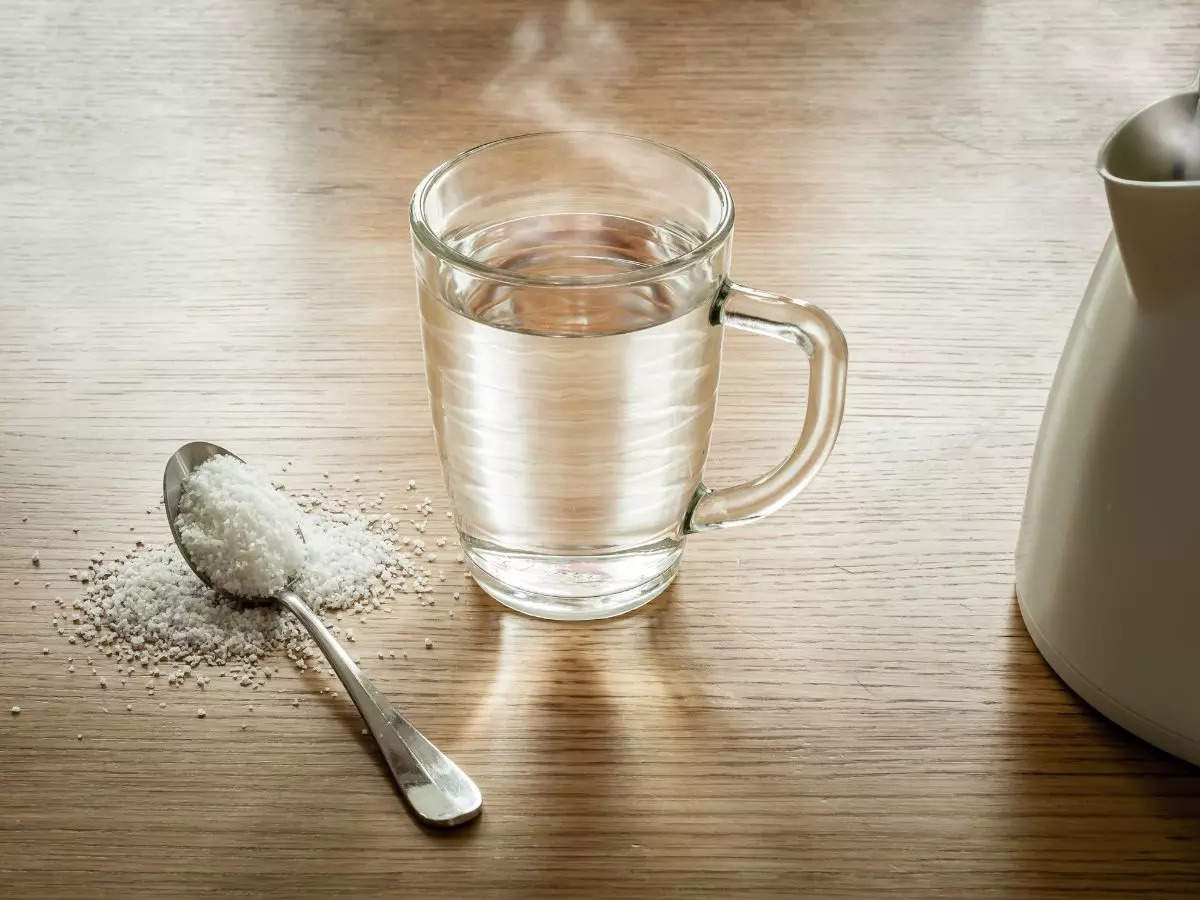The Benefits of Salt-Free Water Systems for Your Home
Salt-free water systems are designed to reduce the negative effects of hard water without using salt or chemicals. Unlike conventional water softeners that rely on ion exchange to remove minerals, salt-free systems use a process called template-assisted crystallization .

Water quality is a crucial factor in maintaining a healthy and efficient home. Hard water, which contains high levels of calcium and magnesium, can cause issues such as scale buildup in pipes and appliances, dry skin, and dull-looking laundry. Traditional water softeners use salt to remove these minerals, but many homeowners are now considering salt-free water systems as an alternative. These innovative systems provide a host of benefits without the drawbacks associated with traditional softeners.
What Are Salt-Free Water Systems?
Salt-free water systems are designed to reduce the negative effects of hard water without using salt or chemicals. Unlike conventional water softeners that rely on ion exchange to remove minerals, salt-free systems use a process called template-assisted crystallization (TAC). This method converts hard minerals into microscopic crystals that remain suspended in the water rather than sticking to pipes, appliances, and fixtures. As a result, homeowners can enjoy many of the advantages of softened water without excessive maintenance or added sodium content in their water supply.
Advantages of Salt-Free Water Systems
-
Eco-Friendly Solution
One of the most significant benefits of salt-free systems is their environmentally friendly design. Traditional softeners require regular salt refills, leading to the discharge of briny wastewater that can harm local ecosystems. Salt-free systems, on the other hand, operate without chemicals or salt, making them a more sustainable choice for environmentally conscious homeowners. -
No Water Waste
Conventional water softeners go through a regeneration cycle, flushing out minerals and salt-laden water into the drain. This process wastes gallons of water regularly. Since salt-free systems don’t require regeneration, they eliminate unnecessary water waste, helping you conserve resources and lower your water bill. -
Healthier Drinking Water
Salt-based water softeners add sodium to your water, which can be a concern for individuals on low-sodium diets or those with health conditions such as high blood pressure. Salt-free systems leave essential minerals intact without increasing sodium content, providing healthier and better-tasting drinking water. -
Minimal Maintenance
Traditional softeners require frequent salt refills and occasional servicing to ensure proper function. In contrast, salt-free systems require little to no maintenance. Once installed, they can run efficiently for years without needing replacement filters or regular upkeep. -
Prevention of Scale Buildup
One of the main reasons homeowners invest in water softening solutions is to prevent scale accumulation in pipes, water heaters, and appliances. While salt-based systems remove minerals entirely, salt-free systems alter their structure so they don’t adhere to surfaces. This helps extend the lifespan of appliances, such as dishwashers and washing machines, reducing repair and replacement costs. -
Retains Beneficial Minerals
Unlike traditional softeners that strip calcium and magnesium from water, salt-free systems retain these beneficial minerals in a harmless form. Calcium and magnesium are essential nutrients for bone health, making salt-free water systems an excellent choice for those who want to maintain a healthy mineral balance in their water. -
Cost-Effective in the Long Run
Although the initial investment for a salt-free system may be similar to or slightly higher than a conventional softener, it proves to be more cost-effective over time. The elimination of salt refills, maintenance costs, and wasted water means homeowners save money in the long term.
Are Salt-Free Water Systems Right for You?
While salt-free systems offer numerous benefits, they may not be suitable for every household. If you have extremely hard water (measured at over 25 grains per gallon), a traditional salt-based softener may be more effective in completely eliminating hardness. However, for those with moderate hard water who want an eco-friendly, low-maintenance alternative, salt-free water systems are an excellent option.
Additionally, if you live in an area with restrictions on salt-based softeners due to environmental concerns, salt-free systems provide a compliant and effective alternative.
Installation and Considerations
Installing a salt-free water system is generally straightforward and can often be done without professional assistance. However, it’s essential to consider factors such as water hardness levels, plumbing size, and household water usage before choosing a system. Consulting with a water treatment expert can help determine the best solution for your specific needs.
Conclusion
Salt-free water systems are revolutionizing the way homeowners address hard water issues. They offer an environmentally friendly, low-maintenance, and cost-effective alternative to traditional salt-based softeners. With benefits such as scale prevention, healthier drinking water, and reduced water waste, these systems provide a smart solution for those looking to improve their home’s water quality without the drawbacks of added salt.
What's Your Reaction?














